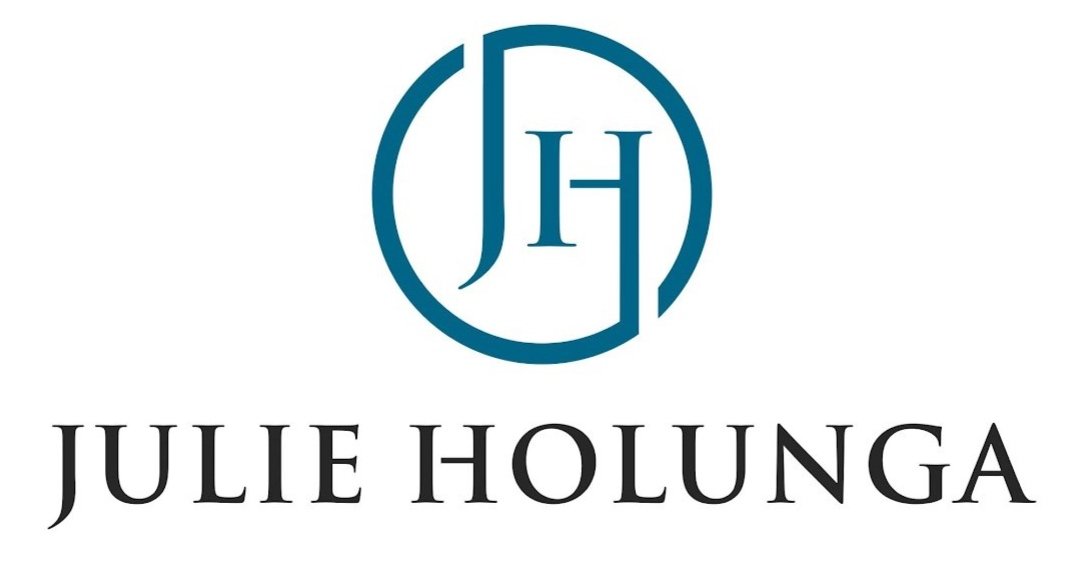Trust: The Number-One Factor In Healthy, Happy And Highly Productive Teams
This article was originally published on Forbes.com for Coaches Council.
Hannah and Suzanne (not their real names, of course) have worked together in several different roles and organizations. They have a healthy relationship at and outside of work and have always trusted each other. When Suzanne took on a leadership role, she recruited Hannah to join her new firm. They collaborated on significant matters for the past three years and built a strong team.
Hannah recently joined Suzanne as an equity partner, and now, Hannah is struggling with their relationship. Previously, Hannah deferred to Suzanne when meeting with clients and colleagues. Now that they are peers, Hannah feels a sense of competition and doubt from Suzanne. She is stepping in on Hannah’s cases. Hannah doesn’t trust Suzanne anymore. She doubts her motives and is concerned about their long-standing relationship.
I wish this were simply a textbook example, but no, Hannah and Suzanne are two clients whose story is all too familiar for rising leaders who, through a misstep, a conscious decision or sometimes no fault of their own find themselves in an unproductive and stressful relationship.
At the core of their challenges is that they no longer trust each other. Both Hannah and Suzanne shared that same sentiment with me. Where and how it started is still being determined.
Trust is the foundation of any successful relationship, and it is challenging to rebuild when it is broken. Couched in a business setting, trust is even more critical. As a female business leader, it can be even more challenging to regain trust in a more "good ol’ boys club" industry. However, rebuilding trust is possible, starting with self-reflection and taking action.
How To Know When You've Lost Trust
One of the first steps to rebuilding trust is understanding when trust has been broken. You can tell the relationship changes when the other person isn’t as forward with sharing information as before, there’s more competition, you’re being excluded from meetings and conversations or you feel less willingness from others to collaborate with you. It's essential to recognize these changes and address them before they escalate.
Asking the right questions is also essential in identifying the issue. Questions such as "Have I made a mistake or done something to change my responsibilities?" or "I’ve noticed something’s different. Is my perspective off, or is there truth to this?" can help you identify the root cause of the issue. It's also important to ask others about their perspective. "It seems like there’s been a change, specifically in how others interact with me. Can you help me understand why that may be the case?" can help you see the issue from their perspective and find a way forward.
Practicing World-Class Listening
Once you identify the problem, it's essential to practice world-class listening in your aim to reclaim trust. This means being open to hearing potentially hard truths, actively listening instead of internally discrediting the messenger and asking clarifying questions. When someone challenges your perspective, it's essential to listen without judgment. Confirming your understanding by saying, "So, what I hear you saying is ... " can help you and the other person be on the same page.
Asking for concrete examples and clarifying questions can help you understand the issue better. Questions like "What’s the real challenge here for you?" or "How does this impact the team/client/organization?" can help you see the bigger picture. Additionally, asking, "What recommendations do you have?" or "How could I do this differently?" can help you understand the steps toward rebuilding trust.
Acknowledging other positions is an overlooked yet valuable opportunity, even if you disagree with them. "I can appreciate where you’re coming from” and “I understand how this can be difficult" can help the other person feel heard and understood. It can also help you see the issue from their perspective.
Focusing On Humanity, Dependability, Authenticity And Aptitude To Rebuild Trust
There are four factors of trust, and if you don’t have all four factors in place, it’s nearly impossible to have a sustainable level of trust.
1. Humanity means you are holding the other person’s agenda as a focus (and don’t have a hidden agenda of your own). Instead, you genuinely think of the team and organization as a whole. It means you’re focused on your intent-impact gap—the intent of communicating is completely aligned with the impact you want to create with your words.
2. Dependability means delivering what you say you will do, keeping your commitments and holding yourself accountable.
3. Authenticity means you are being truthful and transparent in your communication.
4. Aptitude means you have the skills and expertise necessary to confidently perform your responsibilities.
To rebuild trust, it’s essential to focus on these four factors and demonstrate you are committed to their success. This can mean taking concrete actions to show you care about the other person’s perspective, delivering on your commitments and communicating honestly and transparently. Doing so can build a foundation of trust that will ultimately lead to a stronger and more productive working relationship.
Rebuilding trust can be challenging, but it can create an even stronger future when done right. It will take focus, patience and time. When you recognize that trust is lost, it allows you to practice world-class listening, focusing on the four factors of trust. Putting in the effort to regain trust can create a more productive and positive work environment for yourself and your colleagues.
